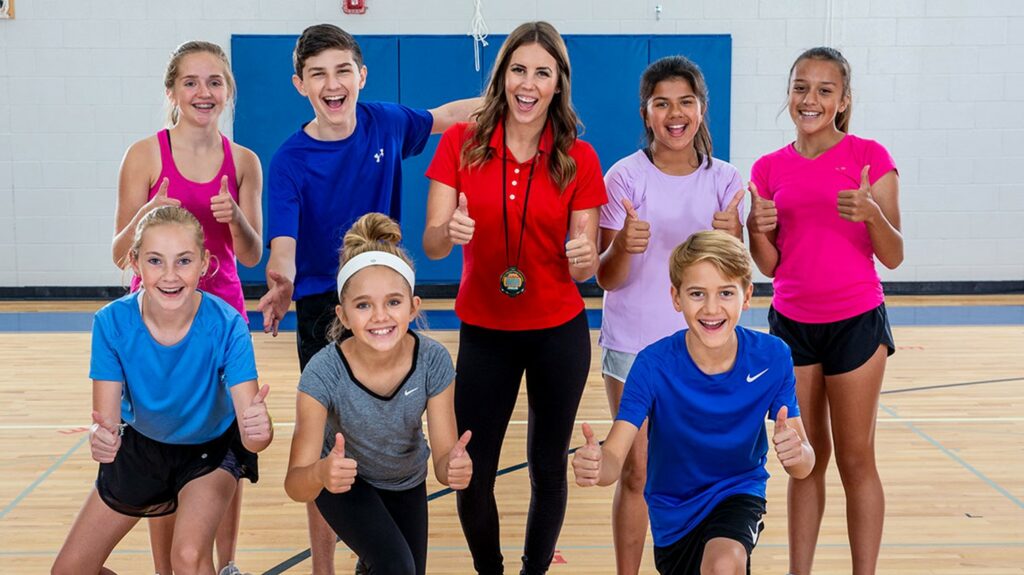Most teachers were successful in the educational environment and received positive feedback throughout their school career. They also strived to reach perfection in every phase of their schooling. However, when they become teachers, they often expect their students to strive for perfectionism. Unfortunately, perfectionism can often lead to paralysis and inaction and negatively impact student learning. As a number of leaders have said, “perfectionism is the enemy of progress.” How can we help ourselves and our students overcome perfectionism?

- Remind students that there is no perfectionism in physical activity and sport. Great athletes fail. They miss baskets, strike out, and miss shots on goal. Successful performers soon realize that they learn more from their mistakes than from successful attempts. Explain in class on a regular basis that learning any skill requires the 3Rs, Repetition, Refinement, and Reflection.
- Explain and show examples regularly how it is important to focus on the process (practice time and repetitions) rather than the product (skill outcome). Performing a skill successfully once does not insure you will be able to do successfully the next time. Encourage a growth mindset where abilities are learned through effort and perseverance. Focus on continuous improvement rather than proving yourself once in the moment.
- Help students climb the stairway to success. Learning skills and performing in game activities is accomplished through a series of small steps that includes success and failure. Mistakes are natural steps in the learning process that everyone experiences as they try to master new skills. Teach your students to accept their mistakes and the mistakes of peers as a natural and expected part of learning.
- Help students set realistic goals. This implies that expecting all students to reach the same goals is to assure that the goals will be too easy or too difficult for many students. Achievable goals are unique to each individual and should provide them a “reasonable stretch” to improve incrementally. It is motivating when students can see improvement and gain a sense of forward momentum.
- Provide opportunities that teach students how to accept excellence and failure. Physical education is a great setting for learning that skill performances ebb and flow; that some students are more gifted than others, and that many game activities will often result in failure. Learning to win with grace and humbleness is just as important as learning to lose in similar fashion. Losing often makes our mistakes and weaknesses more apparent and helps us focus on areas of improvement.

As a teacher, be transparent about your own mistakes and imperfections. Teaching is a complex skill, and we all make mistakes in dealing with students, explaining skills, giving corrective feedback, and more. Students know when we make mistakes and often watch carefully in how we deal with them. Share with your students how you cope with difficult situations, are gentle with yourself, and how you try to respond positively.
Rather than trying to be perfect, let’s just try to be the best we can be.




